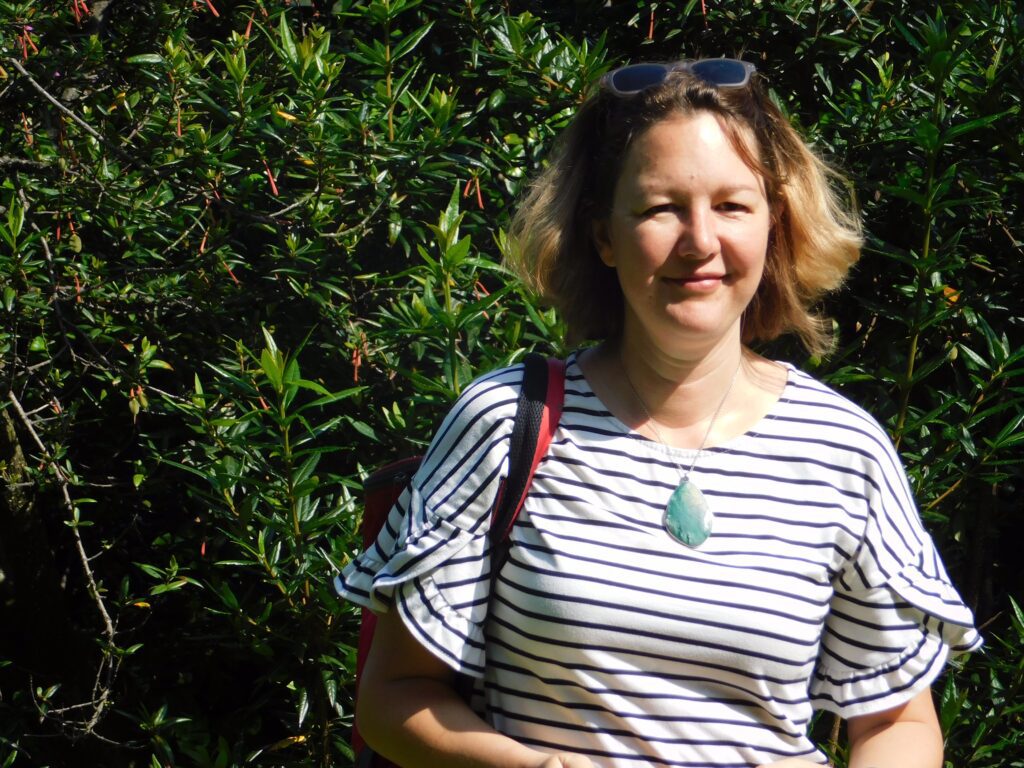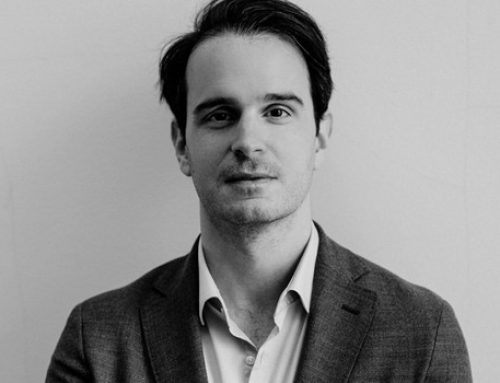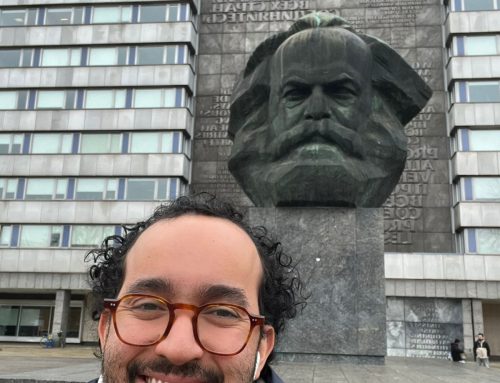CAS SEE Seminars with Guests: Liz David-Barrett
Home- CAS SEE Seminars with Guests: Liz David-Barrett

Re-thinking state capture and moving beyond
On Thursday, November 18th at 12 am (CET), we hosted CAS SEE Weekly Seminar with Liz David-Barrett, Professor of Governance and Integrity (Politics) at the School of Law, Politics and Sociology, University of Sussex, presented by our fellow Tena Prelec.
State capture is a type of systematic corruption whereby narrow interest groups take control of the institutions and processes that make public policy, excluding other parts of the public whose interests those institutions are supposed to serve. Initially uses to describe the first decade of transition in the former Soviet Union and Eastern Europe, state capture was conceived as being driven by business interests, with the political sphere assumed to be vulnerable to this exploitation, but not necessarily an active agent. However, in its more recent form, capture is often driven by political elites rather than business interests. In so-called 'kleptocracies', public officeholders abuse the power attached to their office to steal money and assets for themselves, but also to consolidate and entrench their hold on power. Retaining power becomes a high-stakes game not just because they wish to retain access to opportunities for embezzlement, but also because whilst in power they benefit from impunity; if ousted, they become far more exposed to the threat of law enforcement investigations or prosecutions for their past crimes. In examples of state capture around the world today, business and political elites exist in a relationship of co-dependency. Political leaders grant access to state assets and contracts to their business allies, but the business leaders then provide support of various kinds, such as the use of violence to silence or intimidate political opposition, favourable media coverage, votes from trade union members or the electorate in certain regions, and campaign finance. The talk aims to discuss the characteristics of state capture, ask whether it is coherent as a concept when applied widely, and raise questions about how the process of capture can be arrested and reversed.
https://www.youtube.com/watch?v=5jXoUO_n8eYhttps://youtu.be/3L6GIsXqeMA
Watch Video
UNIRI The Moise Palace: Cres Island
An education center of the University of Rijeka is five-hundred-year-old patrician townhouse and the largest Renaissance palace on the Croatian islands. A venue and forum for various scientific and research activities, it welcomes visiting academics, students
News
CAS SEE latest posts
24 November 2021 CAS SEE Seminars with Guests: Fanny Frick-Trzebitzky, Dženeta Hodžić and Linda Söller CAS SEE Seminars with Guests: Fanny Frick-Trzebitzky, Dženeta Hodžić and Linda Söller Home CAS SEE Seminars… Read More
02 December 2021 Advanced seminar in migration Advanced seminar in migration Home Advanced seminar in migration The advanced seminar in migration "European… Read More
03 December 2021 CAS SEE Seminars with Guests: Pantxo Ramas CAS SEE Seminars with Guests: Pantxo Ramas Home CAS SEE Seminars with Guests: Pantxo Ramas The Legacies… Read More




